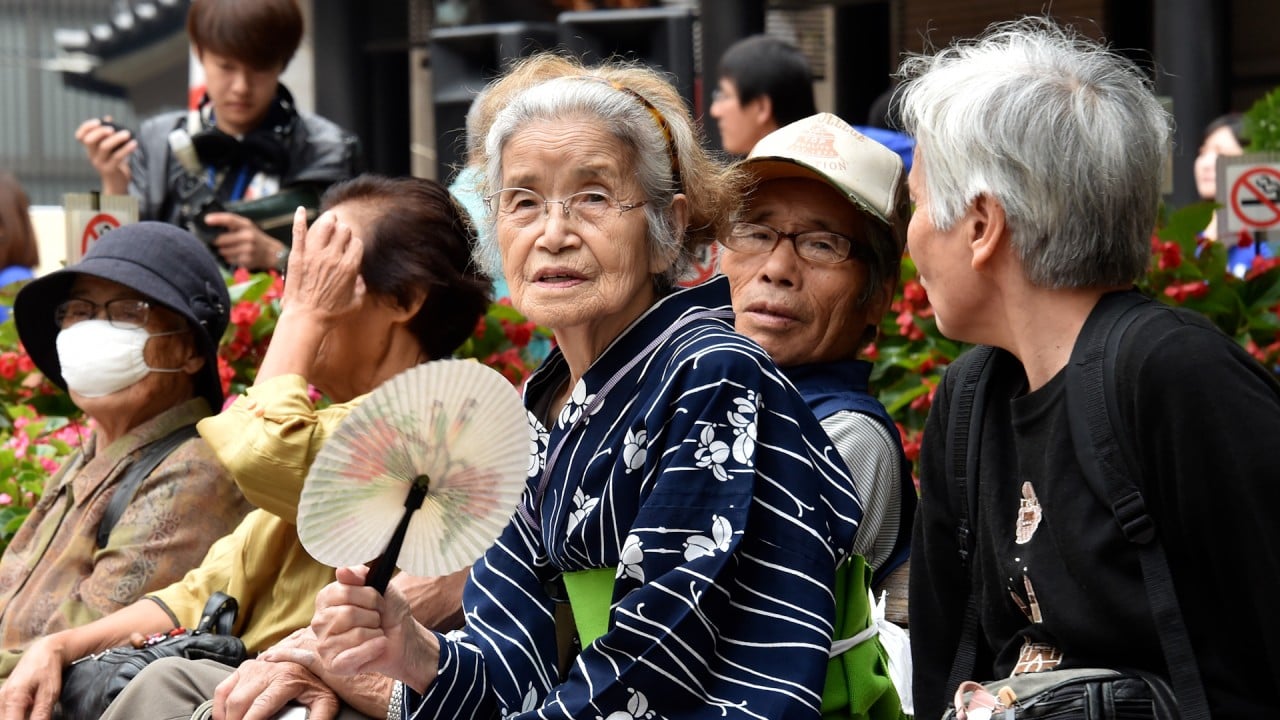
As Japan grapples with low birth rates, demand for Tokyo’s US$2,000 fertility subsidies goes through the roof
- The city government had budgeted subsidies, which include up to some US$2,000 for egg-freezing, for 200 women but over 7,000 have shown interest
- The programme is open to all women between the ages of 18 and 39, a departure from earlier fertility policies that excluded unmarried women
The Tokyo government has been overwhelmed by interest in its new fertility subsidy programme, one of several pilot programmes across the country designed to address one of the lowest birth rates in the world.
More than 7,000 women have registered for information sessions about the new programme, which offers up to 300,000 yen (US$2,000) towards the costs of egg-freezing, and 1,800 women have applied since October, according to the Tokyo Metropolitan Government.
The government estimated demand would be far lower. It budgeted 60 million yen for subsidies, enough to award the maximum amount to 200 women.
The programme is open to all women between the ages of 18 and 39, a departure from earlier fertility policies that excluded unmarried women. There’s no deadline for the application and no pre-established limit to the number of subsidies that will be awarded. Tokyo Mayor Yuriko Koike told NHK the city plans to increase the budget significantly.
The Japanese government is increasingly concerned by its record-low birth rate, now at 1.3. A rate of 2.1 is considered optimal to keep a population stable. In 2022, the government agreed to reimburse 70 per cent of the costs of in vitro fertilisation.
Egg-freezing is one of several assisted reproductive technologies that can help extend a woman’s fertility, but it’s expensive. In Japan, costs typically run from around 300,000-600,000 yen but can reach into the millions.
The technology is also far from a panacea. Only about 8.4 per cent of people used their frozen eggs to give birth, according to a survey of 87 clinics and hospitals conducted by the Tokyo government in August. The success rate of pregnancy using frozen eggs also drops with maternal age.
Still, keeping young eggs and increasing the odds of pregnancy is a vital option for women who aren’t ready to have children, according to Noriko Taniyama, who works in the city government’s Bureau of Social Welfare, Children and Child-Rearing Support Division.
Tokyo plans to assess the effects of egg freezing on birth rate by accumulating data from subsidy recipients.


